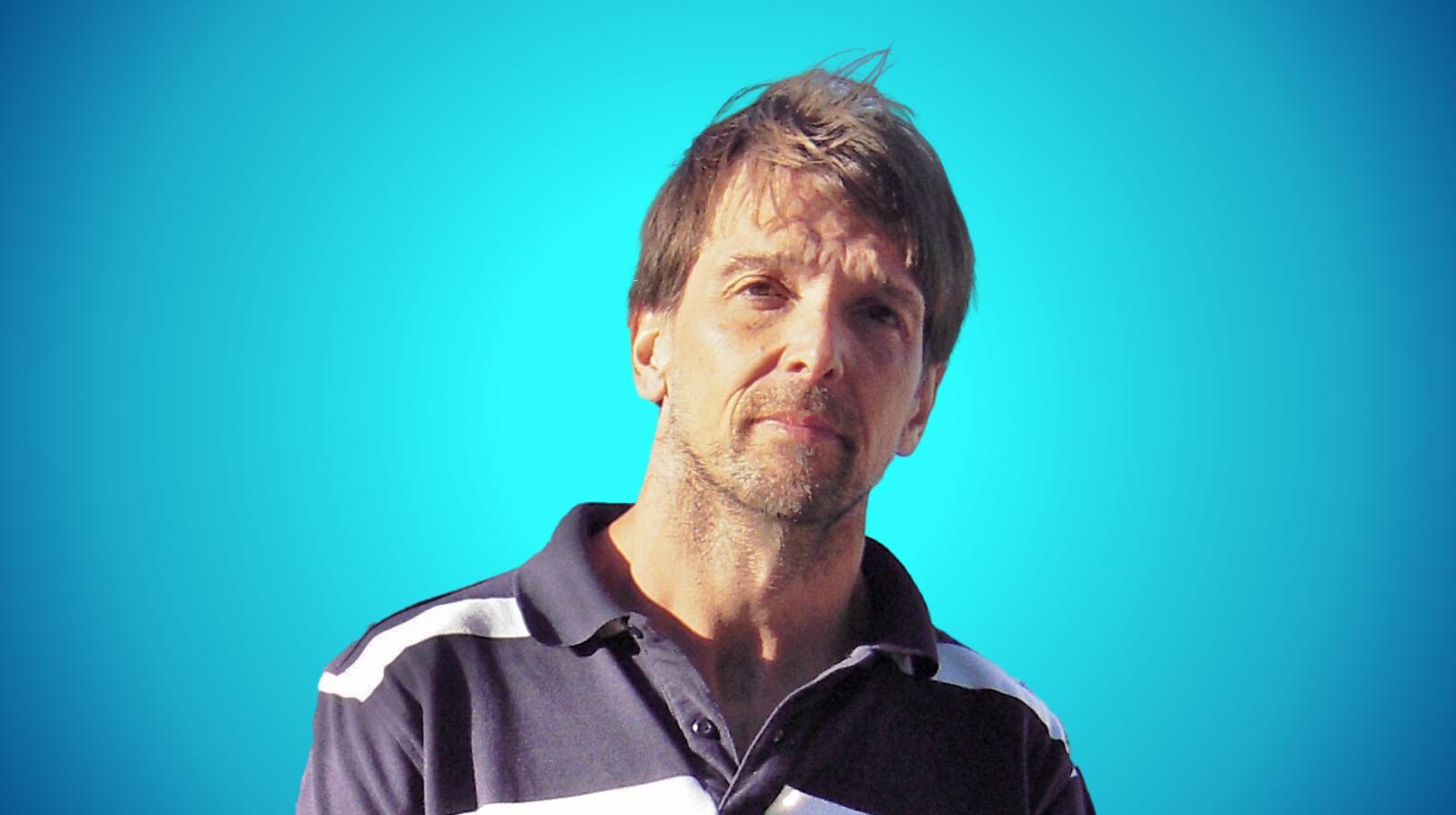Cosa ci racconta di nuovo, rispetto a quanto sapevamo già, il sesto Assessment Report dell’IPCC sui cambiamenti climatici presentato pochi giorni fa per quanto riguarda gli impatti, l’adattamento e la vulnerabilità? Ne abbiamo parlato con Piero Lionello, che per l’IPCC è autore principale del capitolo sull'Europa (il tredicesimo) e autore di un documento sulla regione mediterranea, professore al Dipartimento di Scienze e Tecnologie Biologiche ed Ambientali dell’Università del Salento e membro del Consiglio di amministrazione del Centro Euro-Mediterraneo sui Cambiamenti Climatici.
Cosa c'è di nuovo nel secondo volume del sesto rapporto IPCC?
prossimo articolo
Karen Hallberg, on peace and science
In a world marked by wars and global crises, the new Secretary General of Pugwash tells us about the challenges of disarmament and the value of scientific dialogue for peace (photo: Karen Hallberg, source Wikipedia).
Pugwash is the name of a Canadian fishing village and a commitment to peace. In July 1957, at the height of the Cold War, twenty-two scientists gathered here for the first Pugwash Conference on Science and World Affairs. The group was led by the mathematician and philosopher Bertrand Russell, who, two years earlier on 9 July 1955, presented the Russell and Einstein Manifesto in London's Caxton Hall. In this manifesto, the philosopher and physicist (who died in April but had signed it) called on the world to renounce war.




